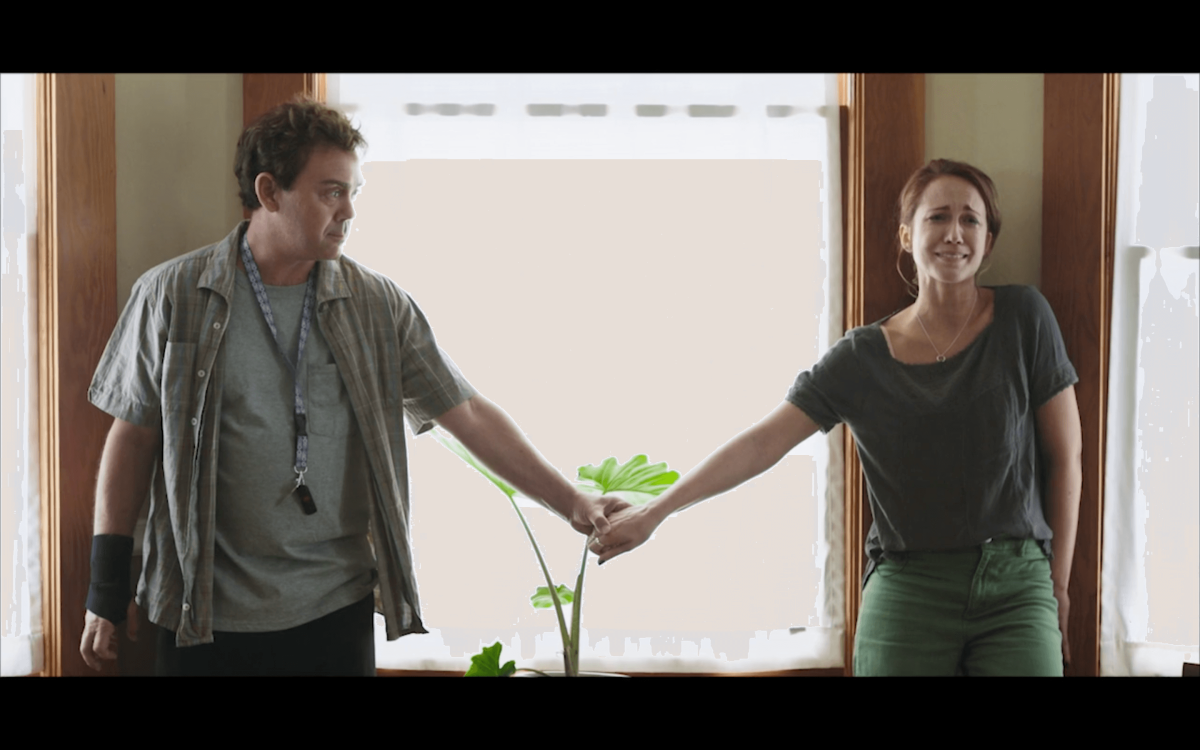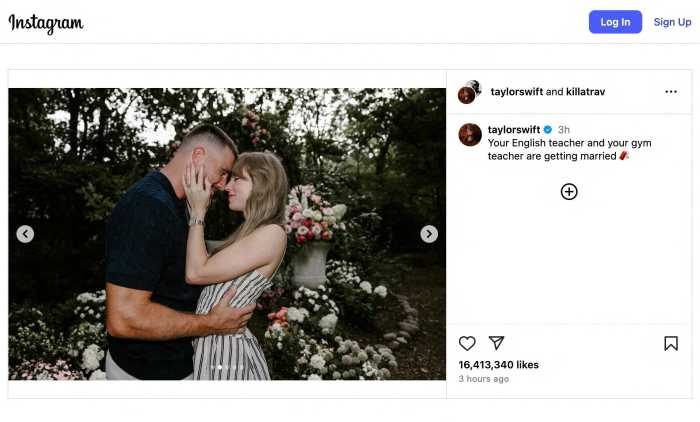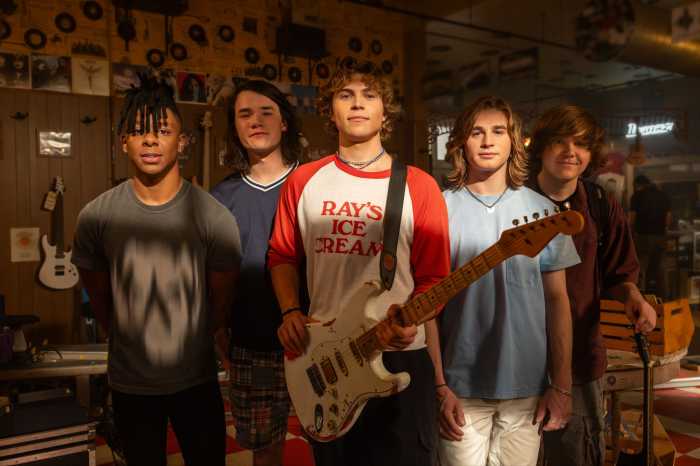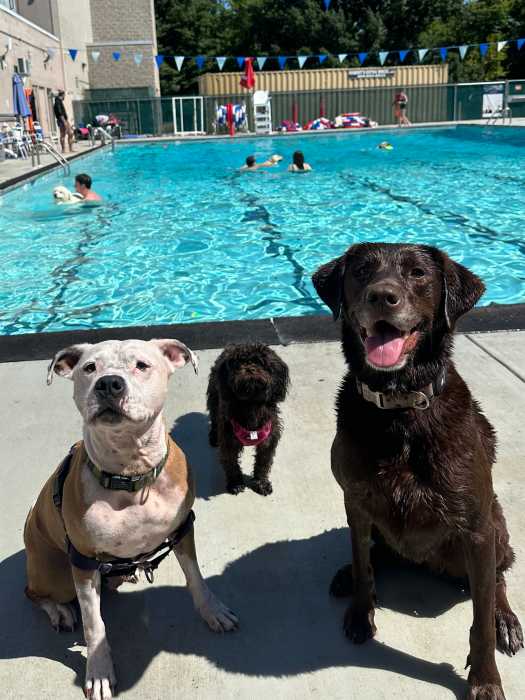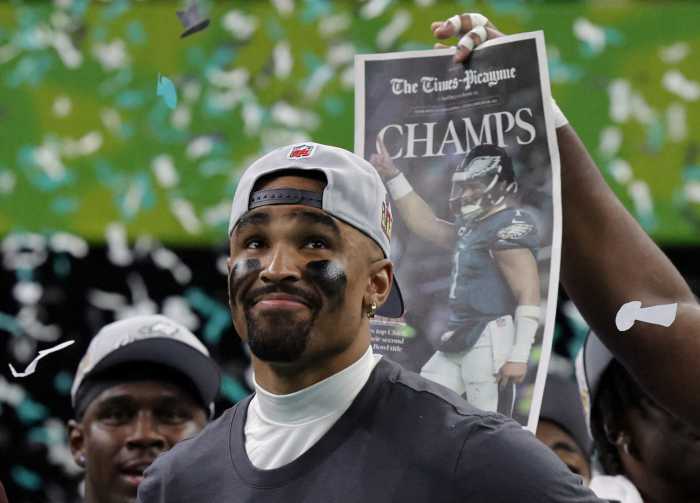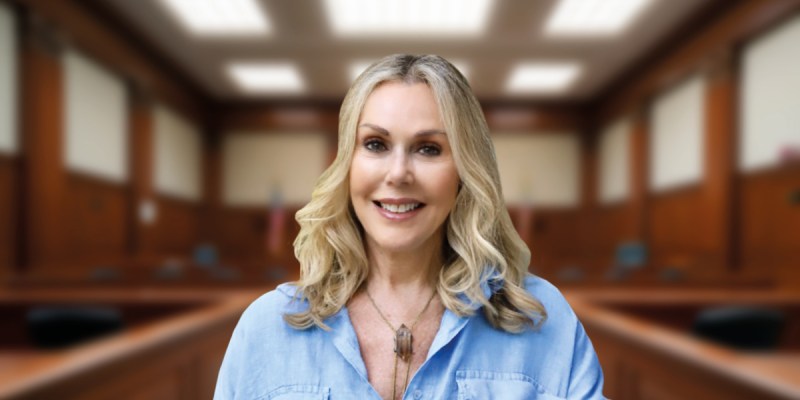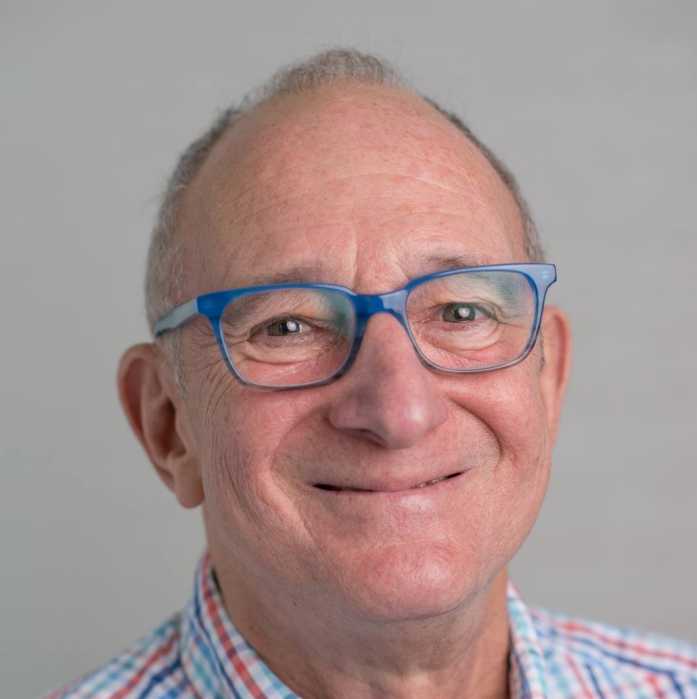Life is full of complications, some easier to talk about than others.
For example—death—and more so, death with dignity.
It’s a difficult topic to discuss, but for some, death is a very real and very near reality. In the new film, “Here Awhile,” that subject with the particular focus of the Death with Dignity Act—an act legal in some states where a sound mind adult who has received a prognosis giving them 6 months or less to live can end their own life with medical help comfortably—is explored in a realistic and beautiful way.
“Here Awhile,” from first time filmmaker/writer Tim True and co-writer Csaba Mera, stars Anna Camp as Anna, who heads back to Oregon to reestablish a relationship with her brother Michael [Steven Strait] before going down the difficult and complicated path of dealing with a terminal illness. While there, Anna connects not only with her brother and his quirky yet endearing neighbor, Gary [Joe Lo Truglio], she also realizes the strength in speaking her mind and living her life the way she wants to until her very last breath.
Lo Truglio discussed with Metro just what went into making such an emotionally charged film and also dives into how more than anything, he hopes this film will spark empathy and compassion.
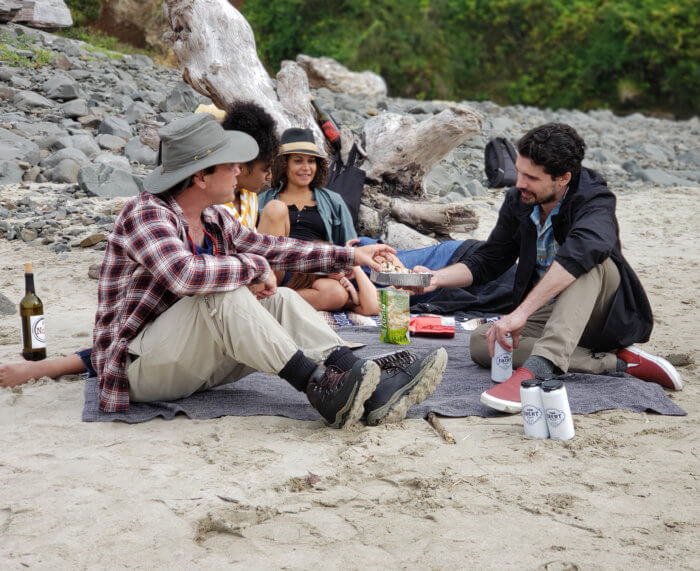
What was it about this particular role and project that made you want to sign on?
The short answer is that I hadn’t read any script or seen any movie that was about this subject. Especially in independent movies, I like to be a part of movies that are giving a voice to a topic or a story that you don’t hear much about. That was the initial attraction. I [also] really liked Tim True and he had told me that Anna [Camp] was also going to be doing it, and I think Anna is terrific. I’ve been wanting to work with her for a while as well. So the people behind the project were very appealing to me and the role was a challenge. It’s something that is way outside my wheelhouse that was a personal challenge and professional challenge that I was anxious to take on. The challenges of people with Aspergers and OCD and a culmination of other hurtles that Gary had to jump over was something that was very, very attractive to me.
You mentioned the challenge of playing someone with Aspergers and OCD, did you do anything to prepare for the role specifically?
I did, I was pretty nervous about doing the role. I wanted to do it service and also represent the individuals that have these challenges, I wanted to be an honest portrayal of that. So I did research, I interviewed people with Aspergers along with Tim True who arranged [the] interviews with people who generously gave their time. We did calls and we talked, and I just asked questions really about their day-to-day routine and challenges that they had—that was very, very helpful. I also read some books about that, [one] by John Elder Robinson, that was a great autobiographical account of having Aspergers and Autism, and another book called “Neurotribes,” which was kind of more facts and history of all of those neurological conditions. So that was generally the research, and then Tim and I had separate rehearsals and we kind of explored different physical attributes of Gary that we felt were real and not cartoony or too big.
Your character was very endearing and also was apart of the comedic relief moments during such an intense plot, would you agree?
I agree wholeheartedly. The function of Gary is a couple of things: comic relief is kind of accurate in the sense, he’s providing levity to a very serious and weighty topic and you just need a character like that to let the audience kind of breathe a little bit. What was great about playing Gary was that [he is] direct with a topic that sometimes you can’t be very direct with and you have to talk around or repress or hide or be ashamed of. It was great to have a character like Gary who can’t do those things. His relationship to the world is very black and white and it was very liberating to be able to play a character like that and I think that’s where some of the humor comes from.
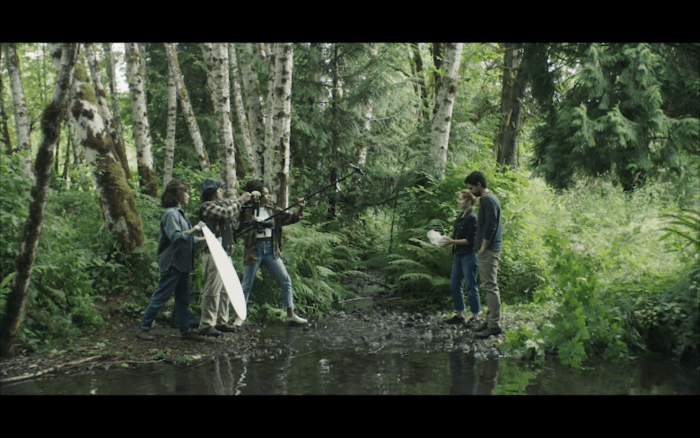
You’ve mentioned working with Tim and the rest of the cast, how was it working with everyone? Any scenes that stand out to you in particular from working on “Here Awhile?”
The whole cast was wonderful. Everyone came to it with such grace and openness, that you immediately felt protected by being vulnerable. I know I needed that. Anna, Steven and I would go out to the patio in our hotel, after a days work and just talk, laugh and bond—it was wonderful and it really helped each of us feel like we were looking out for each other. That expanded to the rest of the cast once the three of us landed on set, then everyone became part of that energy, especially for a movie like this where there’s a lot of tears. As an actor, and this is why I think Anna is such a revelation, what you see in the movie, she did that every time and for every take. If you could imagine the amount of emotional exhaustion that you have, it was inspiring. You get run down, so I think it was important for all of us to support Anna and certainly each other. In terms of the scenes, one that really stuck out was one that wasn’t really in the script initially. Gary comes over and Anna is going through some old documents and she doubles over in pain from the sickness, it’s kind of a longer scene, and Gary doesn’t really know what to do but he ends up walking over to her and he stands next to her and she reaches her hand out and he grabs it. Both Tim and Csaba [writer] were great and really open to collaboration and we said we needed a scene where Gary somehow connects with Anna privately while she’s really in pain and vulnerable. They found time to shoot that, and that connection is important to see.
Overall, what do you hope people take away from the film?
I hope they come away with compassion for choices that people make that they don’t understand or agree with. Compassion and kindness is so important in healing and growing, and to listen to people’s pain. If a person is telling you what’s important to them, that takes a lot of strength and courage to do and to respect that even if you don’t agree with what that person is saying. It’s hard to say something that you know people probably won’t agree with, that’s courage. So to be patient and respect that kind of courage and meet it with compassion and kindness. Sometimes a person’s control over their life is all they have and that can speak to everything that’s happening now currently. Having control over your own life is often all you have left sometimes and it’s very powerful—especially when it’s going to end. It’s important to be able to look yourself in the mirror and say, “I’m living life the way I choose to live it.” There’s so many different levels to it, that’s why I found the movie so exciting to be a part of because it’s so hard to talk about. It’s not black and white, and I don’t think there’s any right or wrong on any side. The most difficult conversations are the most important ones and I think that applies here.
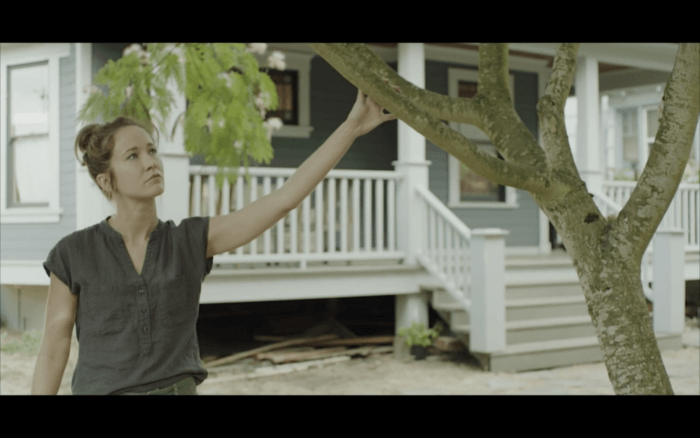
“Here Awhile” is available now on VOD.



